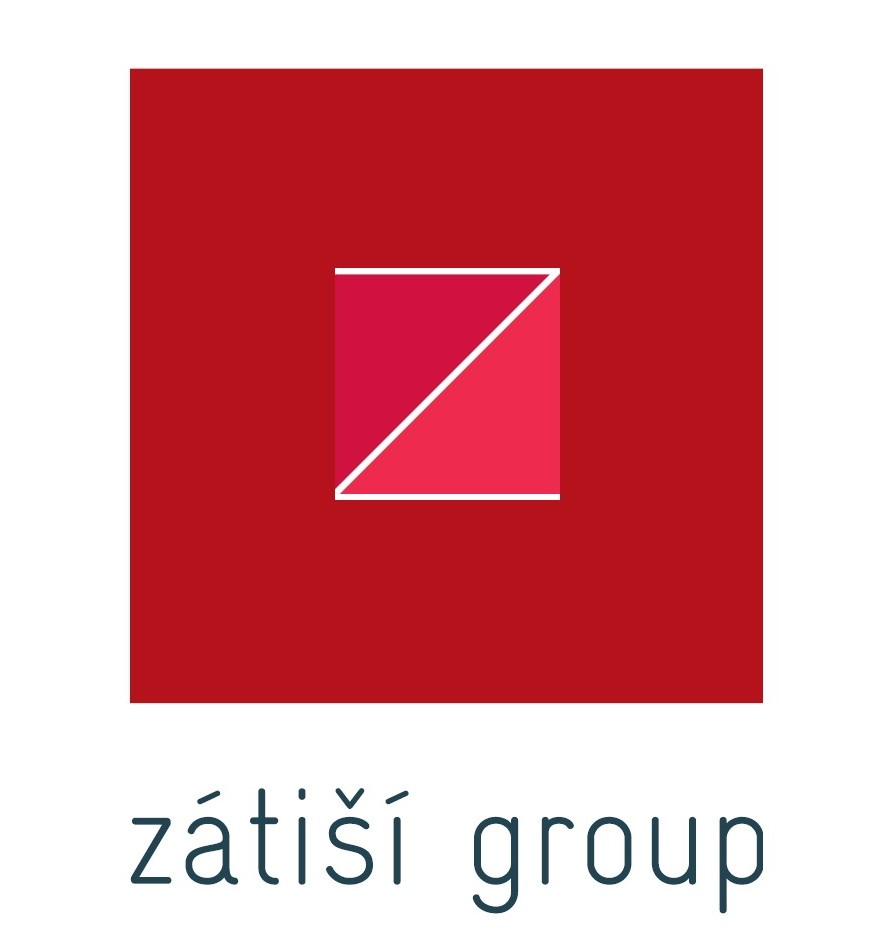It is Time to Rethink Employee Engagement
16.09.2015Company: Deloitte
According to the Deloitte “Global Human Capital Trends” 2015 study, employee engagement and company culture have become a number one challenge for companies. An astonishing 87% of the survey’s respondents (CEOs, CxOs and HR professionals) believe that engagement and culture are “important” for their company’s success [1]. Why is company culture and engagement such a hot topic nowadays?
- Employees are now like customers. As a result of the constantly changing labour market and the explosion of new technologies, the power dynamic has shifted from employers to employees. Social networks such as Glassdoor, LinkedIn, Facebook and others have made information about corporate environments and new work opportunities more transparent. This is a crucial change, because for the new generation of employees (the Y generation/millennials), the corporate environment is a significant factor when selecting an employer.
- Motivation of employees has changed. For today’s employees, more than half of whom already belong to the Y generation, the job’s purpose and meaning for the society, as well as a work-life integration, are a much stronger motivation than salary and career growth.
In most companies, employee engagement is assessed from an individual’s point of view; however, at present it is necessary to perceive employee engagement in a much more comprehensive perspective, namely with regard to teamwork. A company’s goal is to create a cohesive group of people working together towards a common goal to improve the organisation’s performance.
In order to achieve these objectives, it is essential to focus on the following three areas:
- Which levels of the organisation most influences how employees actually behave?
- To what extent do employees support the values and strategic priorities of the company?
- How can employees work best together to achieve the strategic goals of the company?
The key to success is measuring employee engagement in execution of the company strategy on an ongoing basis, with the purpose of identifying areas for improvement concerning management and the work environment at the company. Measurement tools for employee engagement should include advanced analytical techniques which help identify and predict the factors causing low engagement and problems with employee retention.
_______________________________________________________________________________________
[1] David Brown, Sonny Chheng, Veronica Melian, Kathy Parker & Marc Solow, “Culture and engagement: The naked organization,” Global Human Capital Trends 2015, Deloitte University Press, February 2015, <http://dupress.com/articles/employee-engagement-culture-human-capital-trends-2015/ >.
Summary:
- Deloitte’s latest survey confirms that engagement and culture are the main concerns of HR professionals, primarily for the following reasons:
- Employees are now like customers
- Motivation of employees has changed
- Engagement is not about individuals but teams
- The key to success lies in measuring employee engagement in strategy execution
Author: Martina Zapletalová, Senior Consultant, Human Capital Advisory Services
mzapletalova@deloittece.com









